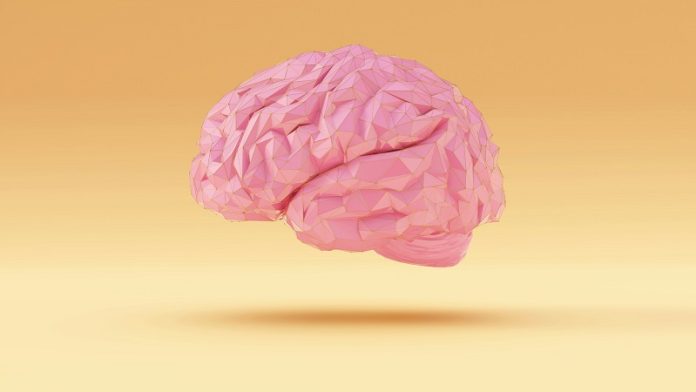
In a groundbreaking study, scientists from UC San Francisco and the Gladstone Institutes have identified two cancer drugs that could help reverse the harmful changes in the brain caused by Alzheimer’s disease.
Their findings, published in Cell, offer hope that existing medications might be used to slow or even reverse symptoms of the most common form of dementia.
The research team started by analyzing how Alzheimer’s disease affects brain cells.
They focused on gene expression—the way genes are turned on or off—in neurons and glial cells.
These cells are both damaged in Alzheimer’s. Using large databases, they compared these Alzheimer’s-related gene changes with the effects of 1,300 FDA-approved drugs to see which ones might reverse the damage.
Out of all the drugs, 86 showed potential in reversing Alzheimer’s-related changes in at least one type of brain cell. Of those, 10 were already approved for human use.
By studying medical records of 1.4 million people over the age of 65 in the University of California health system, the researchers found that some of these drugs were linked to a lower risk of developing Alzheimer’s.
From this, the team narrowed the list down to five promising drugs. They chose two cancer medications—letrozole and irinotecan—for further testing.
Letrozole is commonly used to treat breast cancer, while irinotecan is used for colon and lung cancer. Based on earlier data, the researchers predicted that letrozole could help neurons and irinotecan could support glial cells.
To test this, they used a mouse model of Alzheimer’s. These mice were genetically altered to develop symptoms similar to the human disease. After being treated with the two cancer drugs, the mice showed remarkable improvements. The drugs reversed the gene changes seen in Alzheimer’s, reduced toxic protein build-up, and even restored memory function.
Dr. Marina Sirota, a co-lead author of the study, said the results are encouraging. “Our computational tools helped us cut through the complexity of Alzheimer’s and find a potential treatment using drugs that already exist,” she said.
Dr. Yadong Huang, another senior author, added that Alzheimer’s is a complex disease caused by many small changes in genes and proteins. “It’s very difficult to treat with a single drug targeting just one problem. But using a combination of drugs may be the key.”
With the strong results from both data analysis and animal testing, the team is now planning clinical trials to see if this treatment can work in people. They hope this discovery can lead to new, effective therapies for the millions affected by Alzheimer’s around the world.
If you care about Alzheimer’s disease, please read studies about vitamin D deficiency linked to Alzheimer’s and dementia, and strawberries can be good defence against Alzheimer’s.
For more health information, please see recent studies about foods that reduce Alzheimer’s risk, and oral cannabis extract may help reduce Alzheimer’s symptoms.



